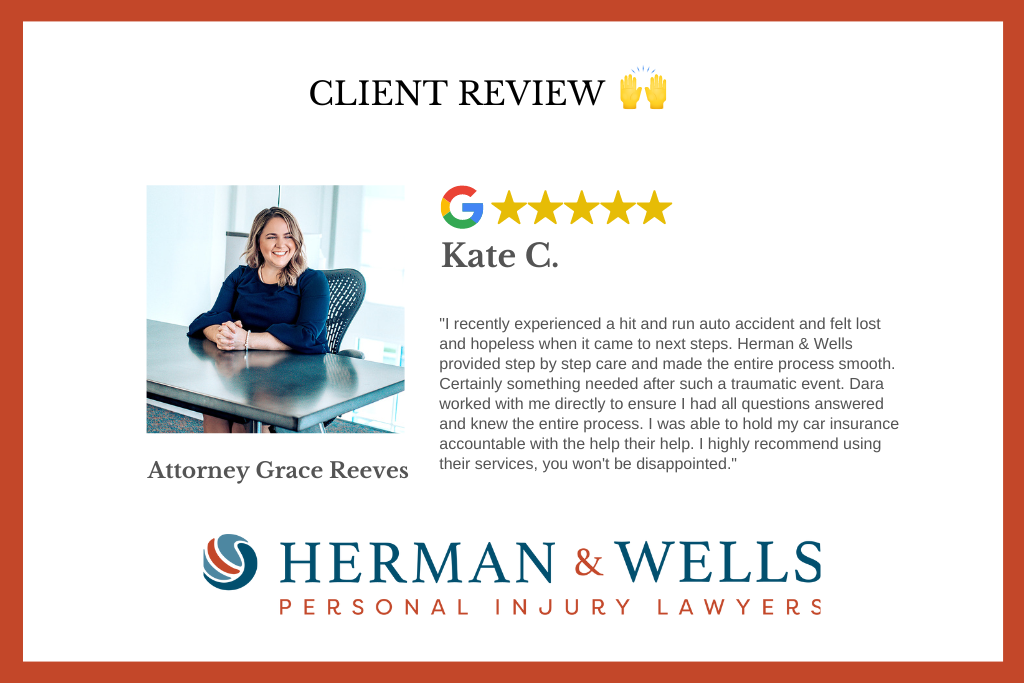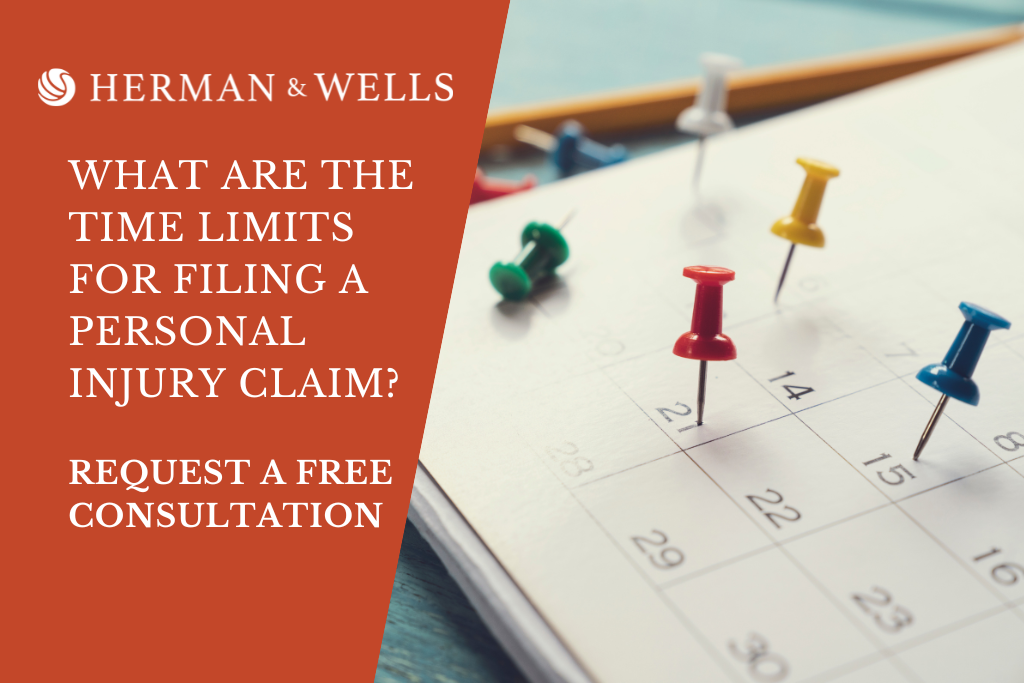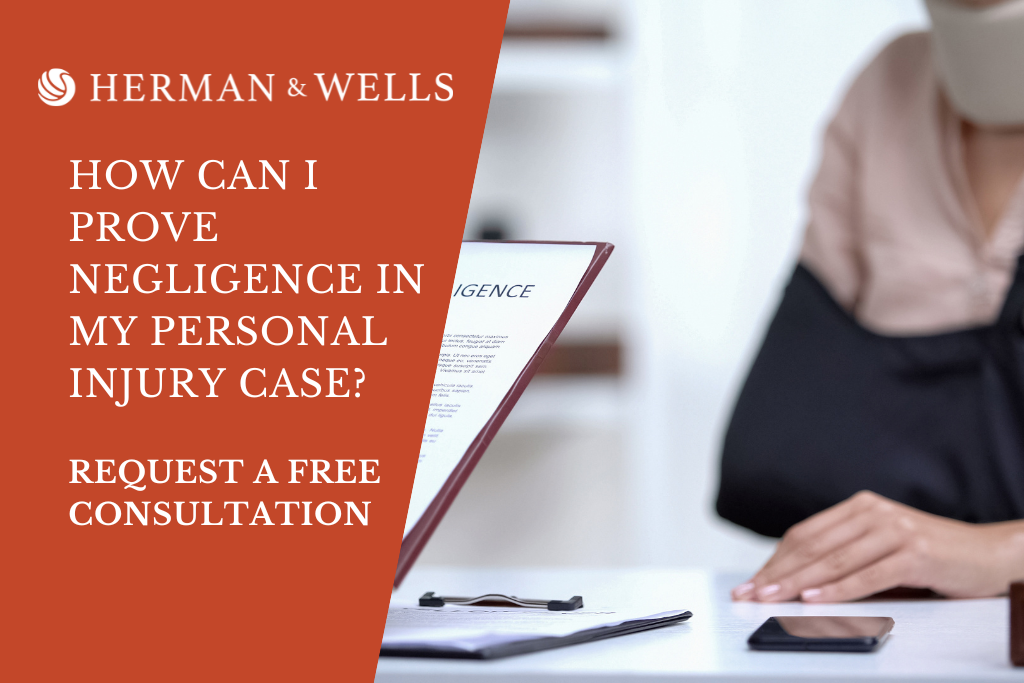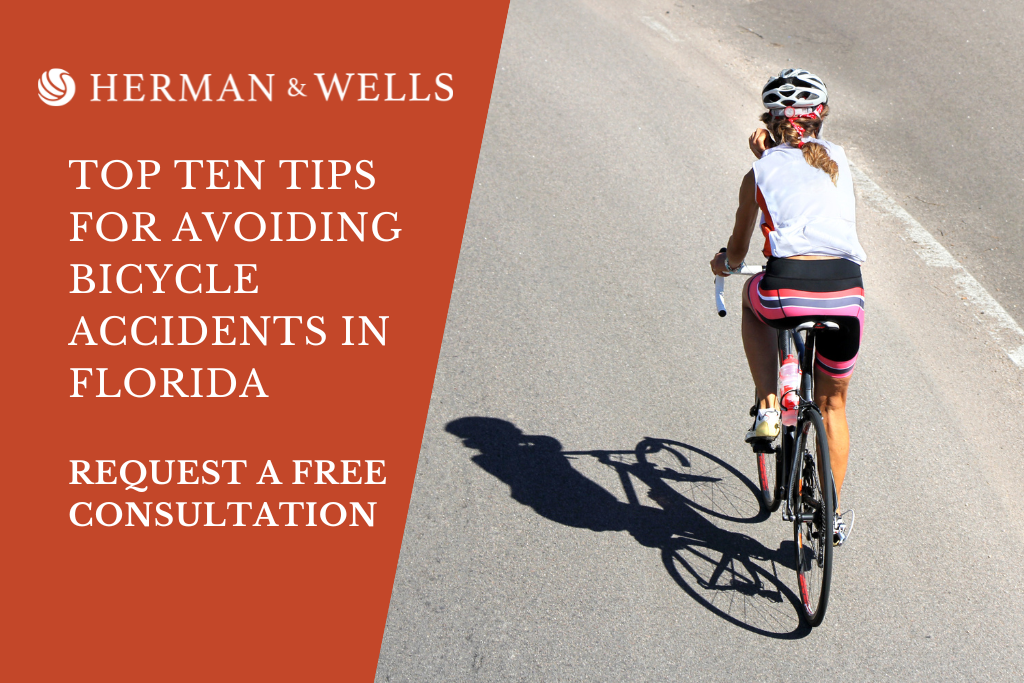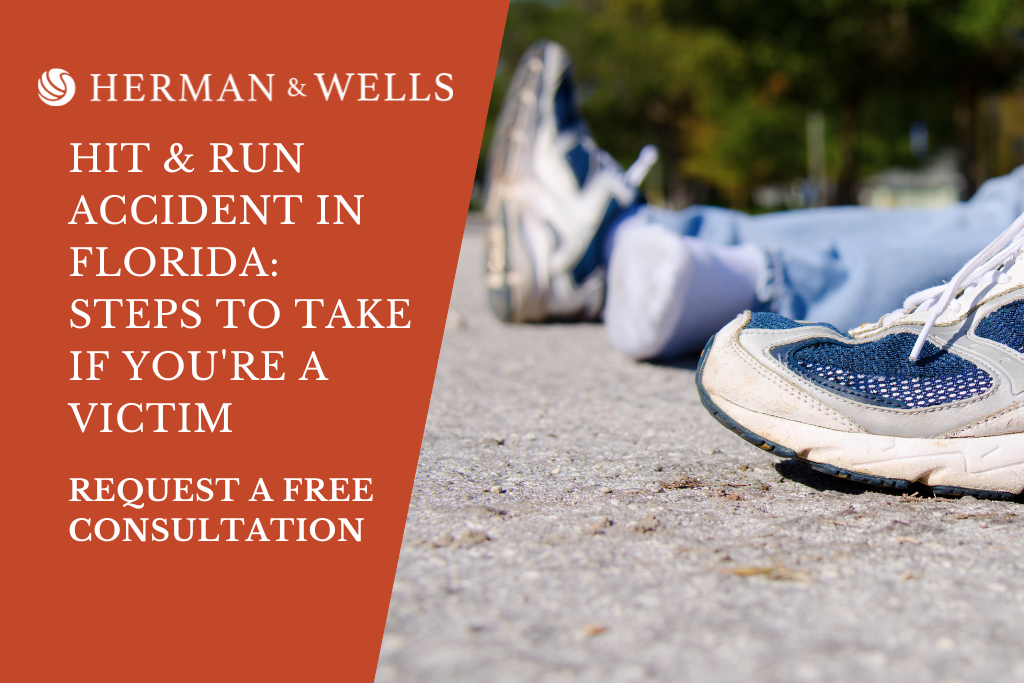Florida car insurance laws can get pretty confusing. Because these laws are constantly evolving, staying up to speed can keep you safe, in compliance, and protected, in the event of a car accident.
As of 2019, a whopping 20.4 percent of drivers on Florida roads were uninsured, according to the Insurance Information Institute. As car insurance is very closely related to personal injury law — think underpaid claims, uninsured motorist claims and more — we’ve seen far too many people suffer as a result of having little or no car insurance.
To ensure that you are fully protected, should something happen during your travels, it is wise to understand the ins and outs of car insurance. While we certainly cannot cover everything that comes into play in a single blog post, we can cover two important topics — who your policy covers, and the importance of acknowledging vehicle use.
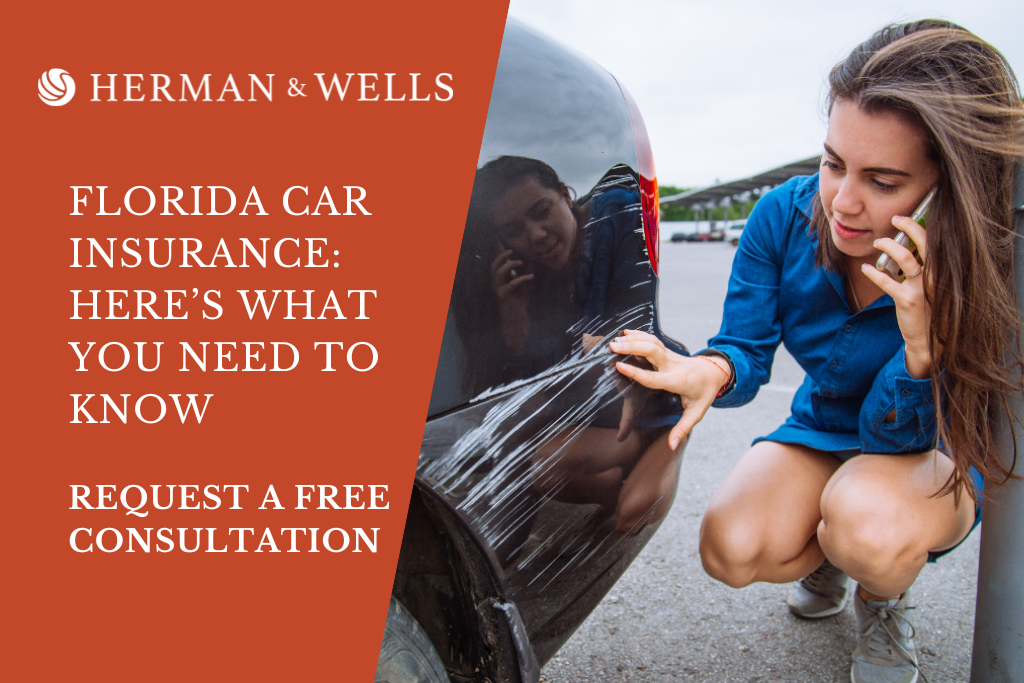
The Cliff Notes: Key Takeaways From This Post
- 1Car insurance coverage is for the vehicle listed, but if someone is going to drive regularly, they should be listed on the policy.
- 2In Florida, it is mandatory to have personal injury protection (PIP) and property damage liability (PDL) insurance with minimums of $10,000.
- 3PIP insurance covers up to 80% of medical expenses or up to $10,000 after an accident, while PDL covers damage to vehicles and other property.
- 4There are penalties for not having car insurance in Florida, including license and registration suspension and reinstatement fees.
- 5When filing a claim with the car insurance company, there may be exclusions—intentional damage will likely not be covered.
- 6When setting-up a car insurance policy, accurate information about driving habits must be reported in order for coverage to apply in times of need.
- 7Professional legal assistance can help when disputing an insurer’s decisions related to claims or coverage denials.
Who does your insurance cover?
Have you ever hesitated to lend your car to a friend or family member for fear that they will get in an accident? With the right car insurance coverage, you won’t have to worry as much.
There is a major misconception that car insurance coverage is only for the person listed. While it is true that the policy covers that driver, the insurance covers the vehicle listed, not the person. So with some exceptions, regardless of who is behind the wheel of your car, the car insurance company should pick up the bill after an accident.
That being said, if someone is going to drive your vehicle on a regular basis, they should be listed on the car insurance policy. Also, remember that certain people can be excluded.
Is it mandatory to have car insurance in Florida?
It is mandatory to have some car insurance in the state of Florida. In most cases, Florida law requires drivers to carry two forms of car insurance with a minimum of $10,000 before registering a vehicle: personal injury protection insurance and property damage liability insurance.
Personal Injury Protection (PIP)
PIP insurance, also referred to as no-fault insurance, covers up to 80 percent of medical expenses—or up to $10,000—after a car accident, regardless of who is found at-fault and of who is in either car at the time of the accident.
For example, if you T-Bone someone and your passenger is injured, PIP may cover the cost of their medical expenses, up to your policy limit. PIP insurance can help offset the cost of the following:
- Medical bills: Depending on your minimum (in Florida, it is $10,000), insurance will cover some of the medical bills.
- Funeral costs: If you or a passenger in your car loses their life as the result of an accident, PIP would cover funeral expenses. Be mindful that this could also open the door to a wrongful death suit if there was negligence found.
Property Damage Liability (PDL)
Let’s say you hit another person’s car or accidentally damage property with your vehicle, for whatever reason. Florida Statute, § 316.065 requires that you call local law enforcement in the event you’re involved in a crash that involves “injury or death to a person, or at least $500 estimated vehicle or property damage.”
PDL insurance covers damage to vehicles and other property—whether yours or someone else’s—in the event of an accident. Having PDL insurance often ensures you won’t have to pay out of pocket costs for the following:
Vehicles: Whether it’s a minor fender bender or a total loss, PDL coverage helps pay for the auto body repairs and provides reimbursements to other people’s vehicles.
Damage to other property: Repairing damage to office buildings, storefronts, houses, fences, lamp posts, mailboxes, and more.
According to Florida Statute, § 627.7275 (1), PIP insurance policies cannot be issued unless said policy also provides PDL coverage. According to (2)(e), insurers have the right to cancel this policy, should anyone named have their license revoked.
What are the penalties for not having car insurance in Florida?
According to Florida Statute, § 316.646, it is against the law in the state of Florida to operate a motor vehicle without proof of PIP and PDL insurance (via insurance card or printed policy) at all times – whether driving, renewing, or setting up your vehicle’s registration.
Florida Statute, § 316.646 (3) states that the following could happen, should a driver be caught operating a motor vehicle without proof of required insurance.
- First offense: Your license and vehicle registration could be suspended for up to three years, and you could have to pay a reinstatement fee of up to $150.
- Second offense: If it is within the first three years of your first offense, you could have your license and registration suspended for another three years, and pay up to $250.
- Third offense (and higher): If you’re caught driving without insurance a third time, you could have your license and registration suspended for another three years, and you might have to pay a reinstatement fee of up to $500.
If you cause a car accident without having insurance in Florida, the penalties get more severe. In the case that the accident causes the death of another person, you could be required to purchase higher insurance minimums for both PIP and PDL.
The state would also require you to file an SR-22 form, which would then classify you as an “at-risk driver,” meaning that your insurance rates would be even costlier.
Long story short, we recommend opting for the minimum insurance coverage, just to avoid suspensions, out of pocket fees, and trouble with the law.
When will your coverage be denied?
It is important to understand, as with anything in life, there are some rules when it comes to car insurance. Your policy is full of exclusions, which are things that are not covered. While we can sometimes get around them, they are often upheld.
Needless to say, If you are growing tired of your older car and decide to do intentional damage in the hopes of getting an insurance claim covering it, your car insurance company is likely to deny your claim. This goes with any loss where they can show that you caused the damage by any reason excluded in the policy.
In Race v. Nationwide, the insurance company initially denied the plaintiff’s PIP claims following an uninsured motorist claim, on the basis of 3rd party damage and assault outside of the car accident. The court, however, established that “The (uninsured) automobile must not merely contribute to cause the condition which produces the injury, but must, itself, produce the injury.”
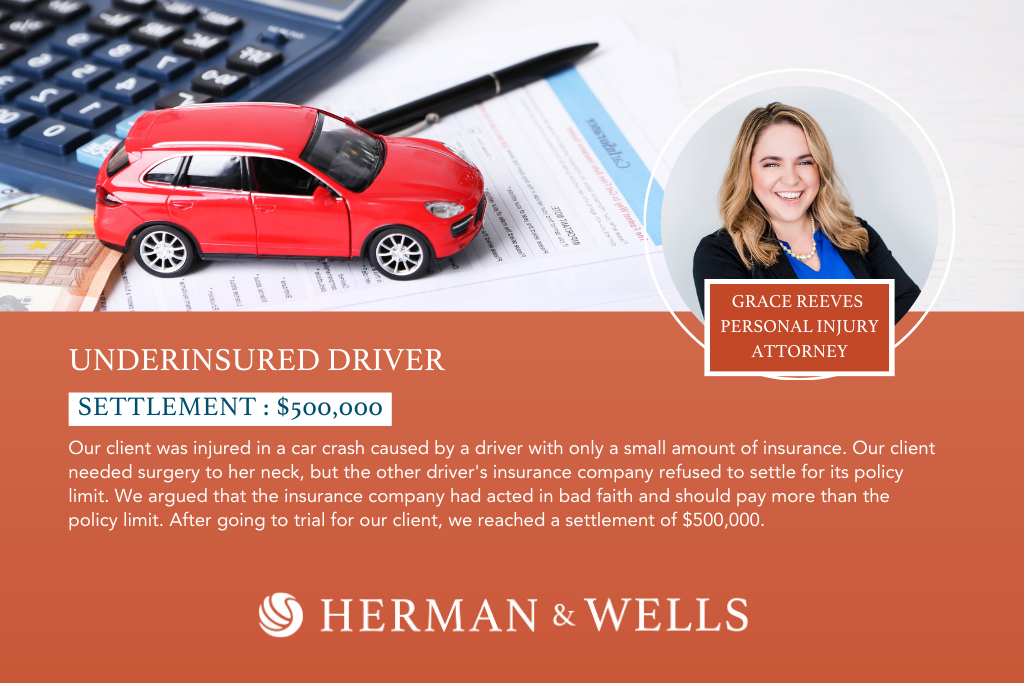
Why do you have to tell the insurance company about your driving habits?
When you contact your local car insurance agency about a car insurance policy, they are likely to ask you about the primary use of your vehicle and the number of miles, on average, that you put on your vehicle annually and even who lives with you. It is important to be upfront about these facts and update your insurance carrier when those facts change.
These facts alter how much they will charge you for your premiums. If you are involved in a major auto accident because you are traveling for work, but you told your car insurance agent that the car is not used for work purposes, they could technically deny the claim. As a side note, if you are using your vehicle regularly for work, it is possible that your employer could carry some level of car insurance coverage on your behalf. Be sure to inquire about that before getting a new car insurance policy.
Understanding the basics of car insurance can save you a great deal of money down the road, so be sure that you do your research, ask questions, and get the very best value from your car insurance policy.
Don’t fight your insurance company alone
Whether you were denied coverage, feel you were underpaid for a claim, or experienced personal injury at the hands of a negligent or uninsured driver, you don’t need to dispute your insurance company alone.
Our expert legal team at Herman & Wells is well-versed in tackling the many issues buyers face with insurance companies, and we’re on your side, from free consultation to court. Better yet, you won’t have to pay anything unless we win you a settlement.
Book your free case evaluation online.
